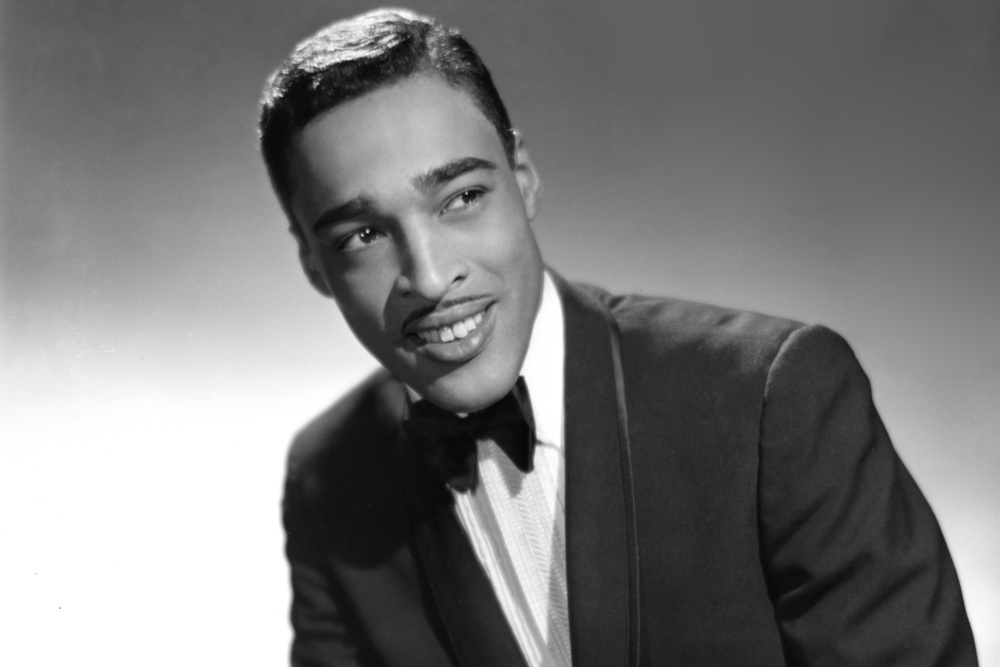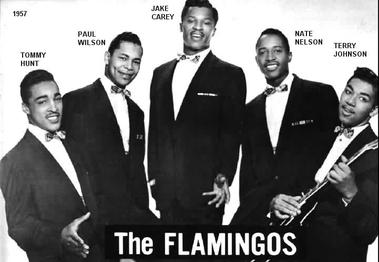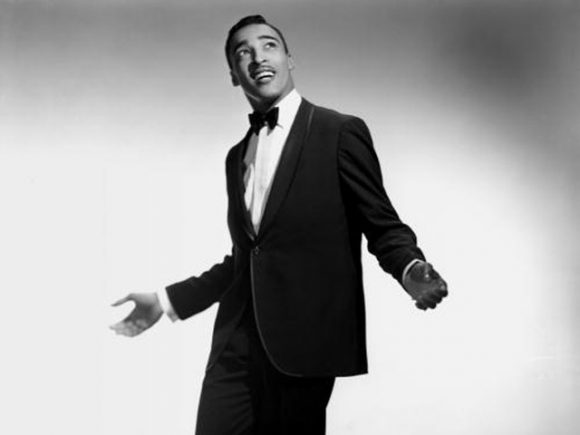
Early Life and Musical Beginnings
Tommy Hunt, born Thomas James Hunt on June 18, 1933, in Pittsburgh, Pennsylvania, was an American soul and northern soul singer renowned for his work with The Flamingos and his successful solo career. Raised in a musical household, Hunt developed a deep love for singing at a young age. He often entertained family and friends with his smooth, expressive voice, which would later define his career. His schoolmates, feeling that “Charles” didn’t suit him, affectionately nicknamed him “Tommy”—a name that stuck for life.
As a teenager, Tommy Hunt faced many struggles, including a brief period of incarceration. However, his passion for music never wavered. In the early 1950s, he moved to Chicago, a city that was becoming a hotspot for emerging R&B talent. His professional career began in 1953 when he co-founded The Five Echoes, a doo-wop group influenced by early R&B pioneers. This was Hunt’s first major step into the music industry, and it set the stage for his future success.
The Flamingos and Breakthrough Success
Tommy Hunt’s career took a significant leap forward when he joined The Flamingos, a Chicago-based vocal group that had been making waves in the doo-wop and R&B scene since 1951. Originally formed by Jake and Zeke Carey, along with Ezekiel “Zeke” Carey, Paul Wilson, and Johnny Carter, The Flamingos were already respected for their smooth harmonies and sophisticated style.
Hunt became part of The Flamingos in the mid-to-late 1950s, a period that would prove to be the group’s most successful era. With their focus on polished harmonies and refined stage performances, The Flamingos distinguished themselves from other vocal groups of the time. They combined jazz, pop, and classical elements into their music, setting a standard for future R&B and soul acts.
The pinnacle of Hunt’s time with The Flamingos came in 1959 when the group recorded their most iconic song, “I Only Have Eyes for You.” This track, originally a 1934 standard, was transformed into an ethereal doo-wop masterpiece. The song’s lush orchestration, haunting background harmonies, and smooth lead vocals created an unforgettable atmosphere. It became the group’s biggest hit, reaching No. 11 on the Billboard Hot 100 and No. 3 on the R&B charts.
.

.
Though Tommy Hunt did not sing lead on I Only Have Eyes for You (Nate Nelson took the lead), his harmonies and stage presence played an essential role in the group’s success. Other key songs recorded during this period included:
- “Lovers Never Say Goodbye” – A heartfelt ballad showcasing the group’s signature harmonies.
- “Mio Amore” – A romantic, jazz-infused track that further cemented their status.
- “Love Walked In” – A reinterpretation of a classic tune with an R&B twist.
The Flamingos were known not just for their music but also for their elegant stage performances, featuring matching suits, synchronized choreography, and an undeniable charisma. Their influence on later vocal groups like The Temptations, The Four Tops, and even The Jackson 5 was profound.
Despite their growing popularity, internal conflicts and financial disputes led Hunt to leave The Flamingos in 1961. He was eager to carve out his own path in the music industry and believed he could achieve even greater success as a solo artist.
Solo Career and the Northern Soul Movement
After leaving The Flamingos, Hunt embarked on a solo career and signed with Scepter Records. His debut single, “Human,” was released in 1961 and became an instant hit, reaching No. 5 on the U.S. R&B chart and earning him recognition as a rising solo star.
Hunt continued to release a series of singles, including:
- “I Am a Witness”
- “The Work Song”
- “You’re So Fine”
Despite his talent, Tommy Hunt struggled with the shifting dynamics of the American music industry. By the late 1960s, soul music was evolving, and newer artists were dominating the charts. Facing challenges in the U.S., Hunt made a career-defining decision to relocate to the United Kingdom, where he became an integral figure in the emerging Northern Soul movement.
In the UK, Hunt found a new audience that deeply appreciated his music. He became a regular performer at Wigan Casino, a legendary venue known for its all-night Northern Soul dance parties. Songs like “Crackin’ Up” and “Loving on the Losing Side” became Northern Soul anthems, and Hunt gained a devoted following.
Unlike in the U.S., where his career had plateaued, Hunt enjoyed a resurgence of success in Britain, performing to sold-out crowds and continuing to release music well into the 1970s and 1980s.
.

Legacy and Recognition
Tommy Hunt’s contributions to soul, doo-wop, and R&B did not go unnoticed. Over the years, he received multiple accolades for his work, with his most significant honor coming in 2001, when he was inducted into the Rock and Roll Hall of Fame as a member of The Flamingos. This recognition cemented his place among the greatest R&B vocalists of all time.
In addition to his musical legacy, Hunt co-wrote an autobiography titled “Only Human, My Soulful Life”, in which he reflected on his incredible journey through the music industry—the triumphs, struggles, and unforgettable moments.
Even in his later years, Hunt remained passionate about music. He continued to perform, record, and connect with his fans well into his 80s.
Final Years and Passing
Tommy Hunt passed away peacefully in his sleep on February 12, 2025, at the age of 91, leaving behind an extraordinary musical legacy. His influence spanned generations, from the golden age of doo-wop to the soul revival of the Northern Soul movement. His journey—from the streets of Pittsburgh to international stardom—was one of resilience, passion, and undeniable talent.
Hunt’s contributions to music will never be forgotten. His work with The Flamingos remains a high point in doo-wop history, while his solo career helped shape the Northern Soul movement. Songs like “I Only Have Eyes for You,” “Human,” and “Loving on the Losing Side” continue to be celebrated by music lovers around the world.
Conclusion
Tommy Hunt’s life was a testament to the enduring power of music. He broke barriers, adapted to changing times, and always stayed true to his soulful voice and heartfelt performances. Whether as a member of The Flamingos or as a solo artist, Hunt’s impact on R&B and soul music remains profound.
His voice lives on in the timeless records he left behind, ensuring that future generations will continue to be captivated by his artistry.
Check out Tommy Hunt on Amazon by clicking here.
If you found this interesting please share it with your friends and family, and check out some of our other articles on Musicians who Died in 2025.
.

